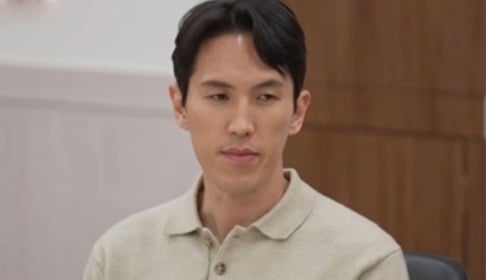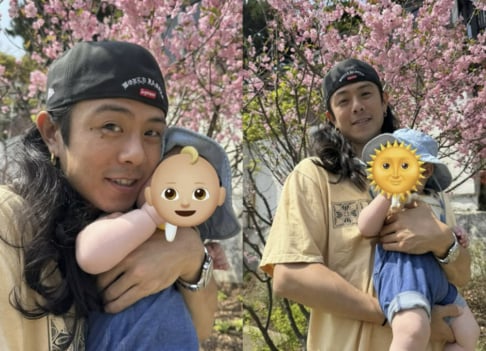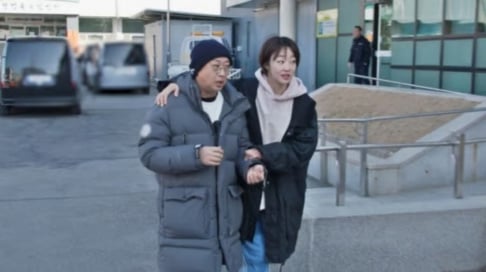Image: Yonhap
A recent study showed that due to extreme unemployment levels among young adults in Korea, college graduates cannot find steady full-time work and are instead settling for employment in the part-time job market.
According to a study titled 'Unemployed Youth and their Living Environment' conducted by The Korea Research Institute for Vocational Education and Training, at least 69% of 1,000 adults (between the ages of 20-34) surveyed claimed to have entered part-time work upon graduating college. There were more female part-time workers than male ones, with 71% of women having part-time experience compared to 66.9% of men. The participants worked an average of 2.7 part-time jobs for at least 1.4 years. At the time of the survey, the average weekly employment hours were 23.4 hours and the average weekly wages were around 217,000 KRW (roughly $196). Categorized by age, the weekly wages were reported to be higher as one gets older, with people between ages 20-24 earning a meager 158,000 KRW (around $142), ages 25-29 earning 222,000 KRW (around $200), and ages 30-34 earning 266,000 KRW (around $240). The difference in wages is mainly due to older people working longer hours to cover their living expenses.
The research further revealed the biggest worries of these unemployed college grads. 70% of graduates in their twenties proclaimed their biggest worry as 'employment' while 52.6% of participants in their thirties listed their most pressing concern as 'economic stability.' 45.9% of people in their thirties also listed 'personal relationships' as one of the most worrisome factors.
The Institute asserted, "As unemployed individuals grow older they have a tendency to place greater weight on economic stability and human relationships. Due to prolonged unemployment, they eventually abandon efforts of finding work altogether and may be psychologically and socially impacted in the process." They further noted, "If unemployment among college graduates persists into their thirties, there is a greater possibility that they will simply give up on finding employment, getting married, and forming a family. It is pertinent that we devise appropriate employment aid provisions that will help these young adults [find work]."


 SHARE
SHARE












































Log in to comment